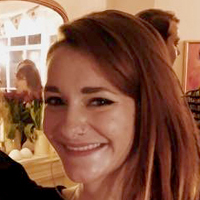For more on this year's themes and goals, visit: www.internationalwomensday.com
Science
Jane Cooke Wright, MD (1919 – 2013)
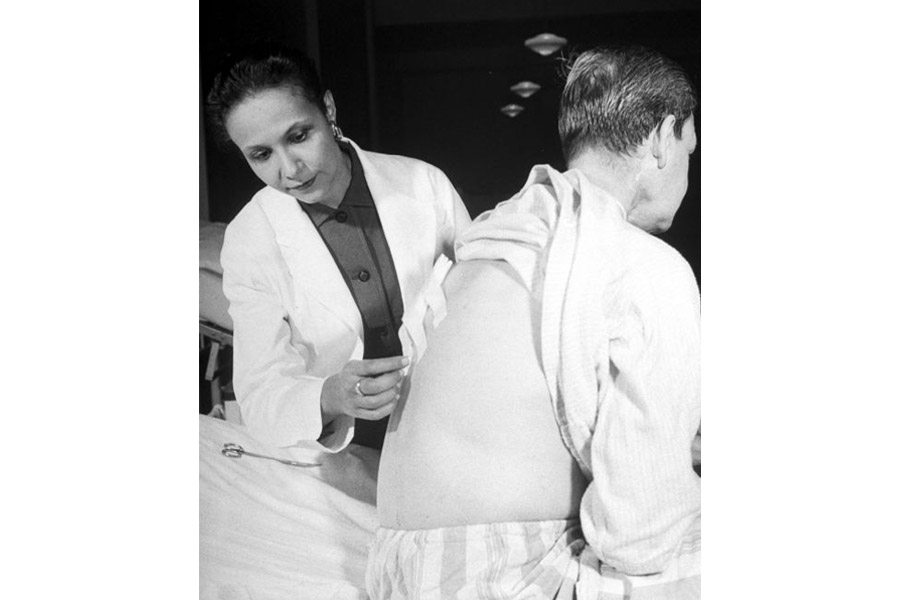 (Source - Refinery 29)
Dr Wright is best known for her pioneering work in developing cancer treatments, as well as improved methods for studying cancer. She took over her father's position as director of the Cancer Research Foundation at age 33. As one of the first doctors to work with compounds that fight cancer (including currently used methotrexate), she developed a more precise way to administer drugs to specific areas of the body that hold tumours. She is sometimes known as the "mother of chemotherapy".
(Source - Refinery 29)
Dr Wright is best known for her pioneering work in developing cancer treatments, as well as improved methods for studying cancer. She took over her father's position as director of the Cancer Research Foundation at age 33. As one of the first doctors to work with compounds that fight cancer (including currently used methotrexate), she developed a more precise way to administer drugs to specific areas of the body that hold tumours. She is sometimes known as the "mother of chemotherapy".
Patricia Bath, MD (1942 - )
Patricia Bath is a pioneer in the field of ophthalmology (study and treatment of eyes) and has been winning awards for her innovation since the age of just 16. Her keen eye (pun fully intended) led her to noticing the stark difference in eye health between black and white communities, which grew into the new discipline 'community ophthalmology', which sought to improve eye care in these communities using principles of public health.Alexa Canady, MD (1950 - )
Alex Canady became the first black female neurosurgeon in the US in 1981. She specialised in paediatric neurosurgery, and despite a difficult career path, she ended up being Director of Neurosurgery at the Children's Hospital in Michigan. Alongside a career filled of achievements, Canady won the American Medical Women's Association President's Award in 1993.Jocelyn Elders, MD (1933 - )
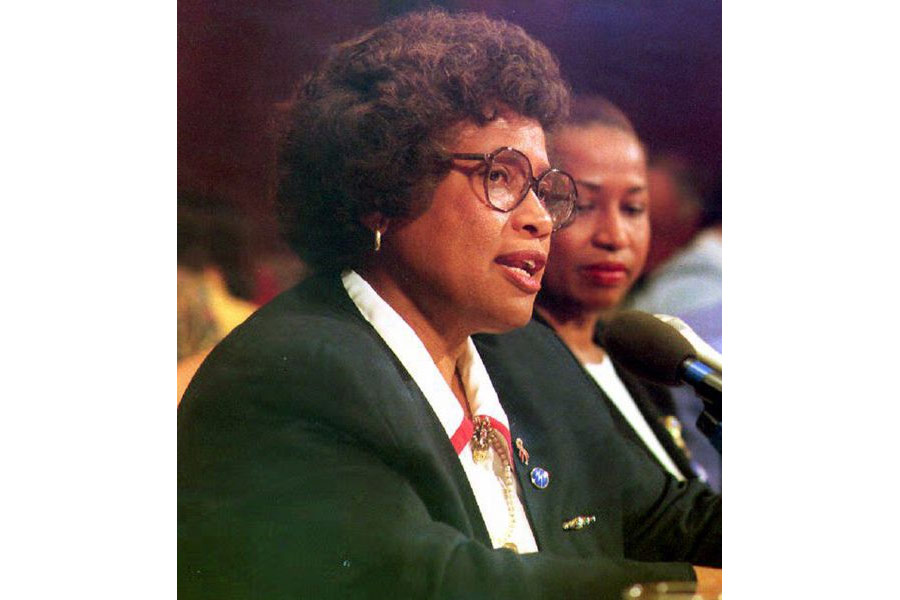 (Source - Refinery 29)
Jocelyn Elders is a paediatric endocrinologist, and in 1978 she became the first person from her state, Arkansas, to become board certified in said field. In 1993, Dr Elders famously became the second woman and first African American Surgeon General.
(Source - Refinery 29)
Jocelyn Elders is a paediatric endocrinologist, and in 1978 she became the first person from her state, Arkansas, to become board certified in said field. In 1993, Dr Elders famously became the second woman and first African American Surgeon General.
Mary Eliza Mahoney (1845 – 1926)
Mary Eliza Mahoney was the first 'professionally certified' black nurse after she graduated in 1879. She was the first African-American member of the American Nurses Association, not to mention she is cited as the first registered female voter in Boston, after the ratification of the 19th Amendment in 1920.Tu Youyou, MD (1930 - )
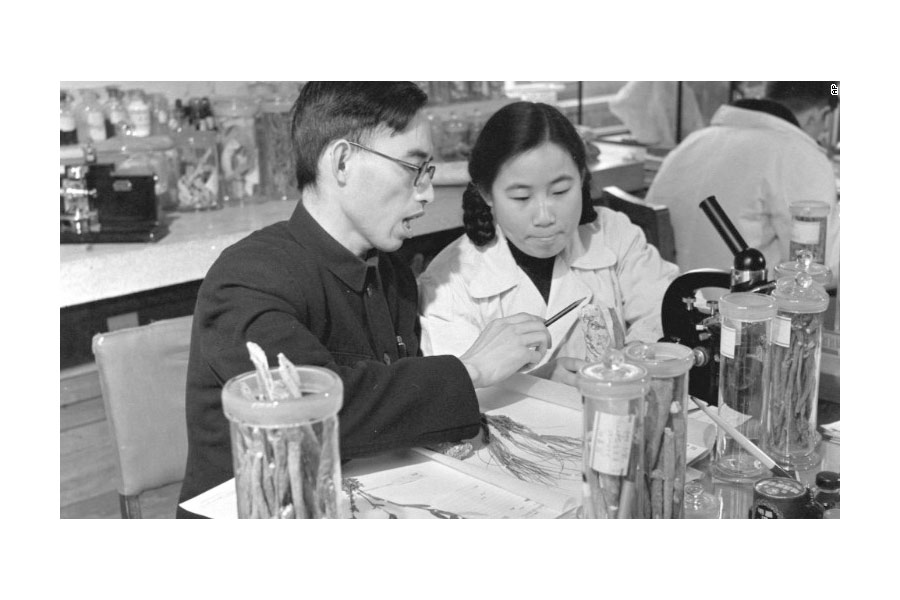 (Source - gal-dem)
Tu Youyou is a Chinese pharmaceutical chemist. She discovered a treatment for the malaria parasite after studying traditional herbal medicines in the 1970s, and extracting the substance 'artemisinin'. In 2015, she won The Nobel Prize in Physiology or Medicine.
(Source - gal-dem)
Tu Youyou is a Chinese pharmaceutical chemist. She discovered a treatment for the malaria parasite after studying traditional herbal medicines in the 1970s, and extracting the substance 'artemisinin'. In 2015, she won The Nobel Prize in Physiology or Medicine.
Helena Octavia Dickens, MD (1909 – 2001)
Helena Dickens was the first black woman to become a board-certified OB/GYN in Philadelphia, and then the first black female admitted to the American College of Surgeons.Rebecca Lee Crumpler, MD (1831 – 1895)
Rebecca Lee Crumpler was the very first African-American woman to earn a medical degree in America in 1864, and spent her life caring for women, children and freed slaves.Alice Ball (1892 – 1916)
Alice Ball was the first woman, let alone woman of colour, to graduate from what is now known as the University of Hawaii with a Master's in science, which later led her to the discovery of an intravenous leprosy cure – taken from isolated compounds from the chaulmoogra tree.Mamie Phipps Clark, PhD (1917 - )
Mamie and her husband Kenneth were pioneers in psychology and implicit racial bias, and the first black people to earn doctoral degrees in Psychology from Columbia University.Technology
Augusta Ada King-Noel, Countess of Lovelace aka Ada Lovelace (1815 – 1852)
Ada Lovelace was an English writer and mathematician, and is considered the first computer programmer for her calculations that took computing beyond number-crunching. She is best known for writing the first algorithm to be used with Charles Babbage's proposed general purpose computer, the Analytical Engine.Radia Perlman (1951 - )
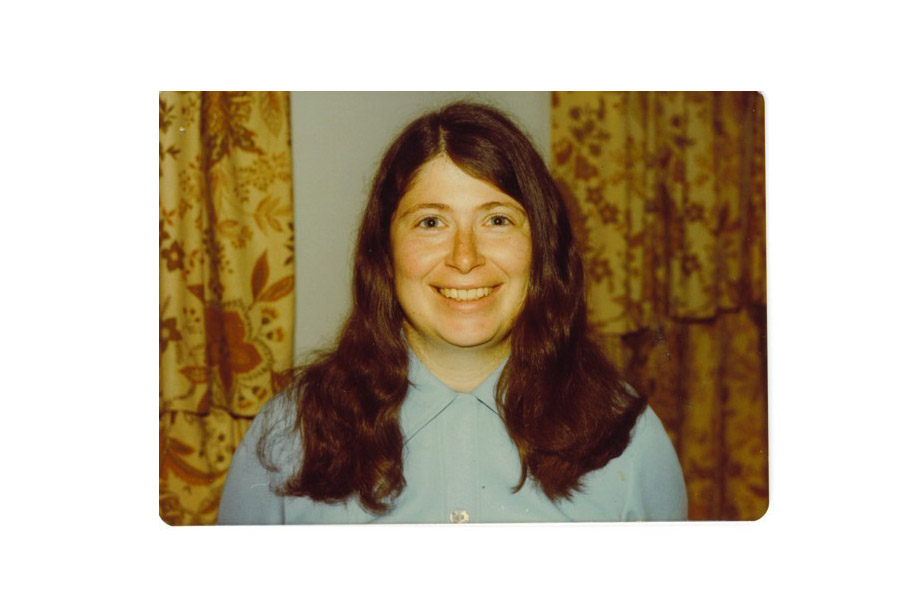 (Source - The Atlantic)
She is famous for her invention of the Spanning Tree Protocol (STP), an integral aspect to the operation of network bridges. She also contributed heavily to areas such as network design and standardisation. She is often referred to as the "Mother of the internet" - but don't call her that: "The Internet was not invented by any individual... I did indeed make some fundamental contributions to the underlying infrastructure, but no single technology really caused the Internet to succeed."
(Source - The Atlantic)
She is famous for her invention of the Spanning Tree Protocol (STP), an integral aspect to the operation of network bridges. She also contributed heavily to areas such as network design and standardisation. She is often referred to as the "Mother of the internet" - but don't call her that: "The Internet was not invented by any individual... I did indeed make some fundamental contributions to the underlying infrastructure, but no single technology really caused the Internet to succeed."
Grace Hopper (1906 – 1992)
Grace Hopper was one of the earliest computer programmers and was instrumental in the development of early computing, such as the UNIVAC I (UNIVersal Automatic Computer I) for which she created the first ever 'compiler.' This translated source code from one program to another in the simplest way possible. She also has a long list of awards to mark her achievements, including "Computer Science Man of the Year" in 1969. Oh, and she was also a bad-ass US Navy Admiral.Dorothy Vaughan (1910 – 2008)
Dorothy Vaughan was a respected mathematician and NASA's first African-American manager. After NASA's 'human computers' became redundant with IBM's advances, Vaughan taught herself and her team FORTRAN in order to stay in work. Their team then became the new Analysis and Computation Division (ACD). Vaughan was portrayed by Octavia Spencer in the 2016 film Hidden Figures.Joan Clarke (1917 – 1996)
Joan was one of the thousands of female code-breakers working at Bletchley Park during WW2, but the only female working on the heart of the quest to crack the German Enigma ciphers. Portrayed by Keira Knightly in The Imitation Game, Clarke was a close friend (and briefly, fiancée) of Alan Turing.Engineering
Mae Jemison, MD (1956 - )
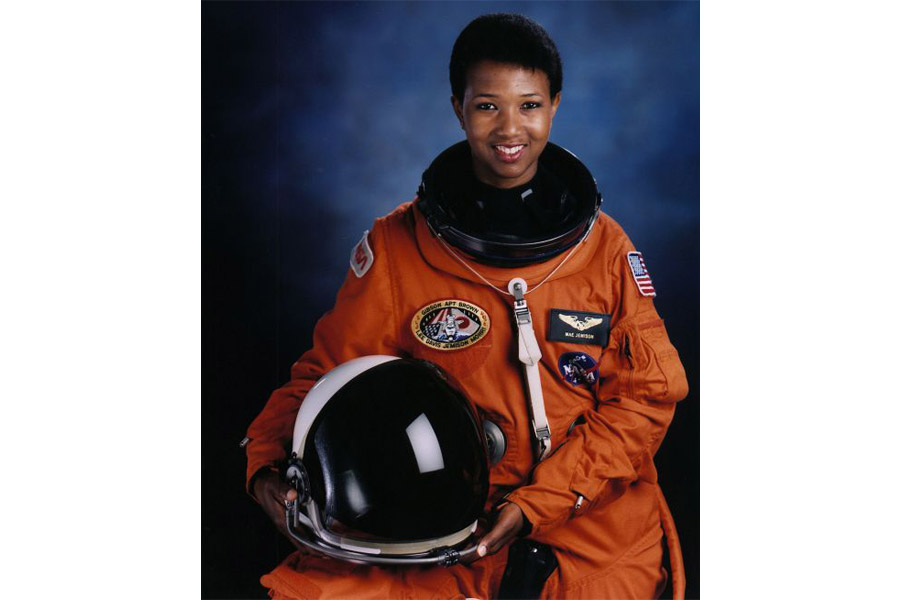 (Source - Refinery 29)
Mae Jemison is an engineer, doctor and astronaut. She has spent time working in the Sierra Leone Peace Corps as a medical officer and researcher, has both an MD and a degree in chemical engineering and has also spent time working in a Cambodian refugee camp in Thailand. As if these weren't enough lifetime achievements, in 1987 Dr Jemison became the first black female enrolled as a NASA trainee astronaut. Then, in 1992 she became the first African-American woman in space.
(Source - Refinery 29)
Mae Jemison is an engineer, doctor and astronaut. She has spent time working in the Sierra Leone Peace Corps as a medical officer and researcher, has both an MD and a degree in chemical engineering and has also spent time working in a Cambodian refugee camp in Thailand. As if these weren't enough lifetime achievements, in 1987 Dr Jemison became the first black female enrolled as a NASA trainee astronaut. Then, in 1992 she became the first African-American woman in space.
Mary Jackson (1921 – 2005)
Also featured in Hidden Figures, Mary Jackson began her career at NASA in the segregated human computer department (West Area Computing division). In 1958 Jackson became NASA's first black female engineer.The women of the Indian Space Research Organisation
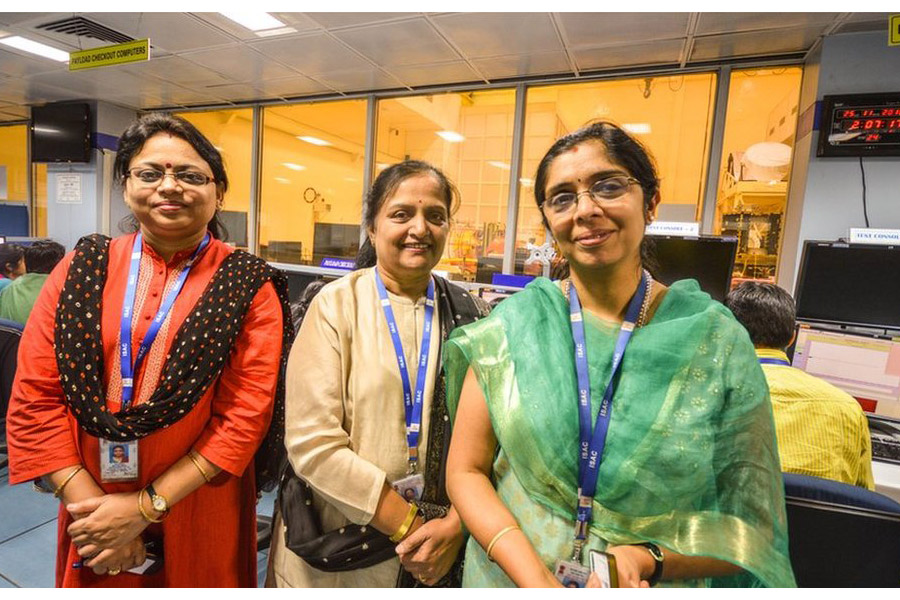 (Source - BBC)
In 2014, Indian scientists of ISRO successfully launch a Mars orbit satellite, and at the core of their mission were many scientists who happened to be women. Many remarkable women and their respective teams helped to challenge stereotypes and take India into space. The women pictured are (from left) Ritu Karidhal (Deputy Operations Director, Mars Orbiter Mission), Anuradha TK (Geosat Programme Director at Isro Satellite Centre) and Nandini Harinath (Project Manager, Mission Design and Deputy Operations Director, Mars Orbiter Mission).
(Source - BBC)
In 2014, Indian scientists of ISRO successfully launch a Mars orbit satellite, and at the core of their mission were many scientists who happened to be women. Many remarkable women and their respective teams helped to challenge stereotypes and take India into space. The women pictured are (from left) Ritu Karidhal (Deputy Operations Director, Mars Orbiter Mission), Anuradha TK (Geosat Programme Director at Isro Satellite Centre) and Nandini Harinath (Project Manager, Mission Design and Deputy Operations Director, Mars Orbiter Mission).
Maths
Katherine Johnson (1918 - )
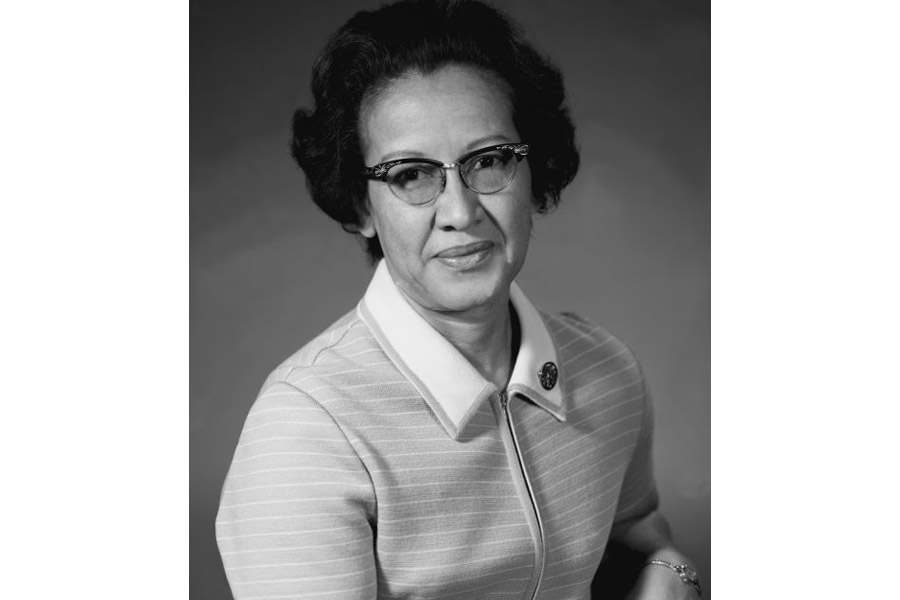 (Source - Refinery 29)
Katherine Johnson is a former NASA mathematician whose calculations were instrumental in sending the first US astronaut, Alan Shepard, into space in 1961. The film Hidden Figures is partly based on her life, with Taraji P. Henson portraying Katherine. In 2015, she was awarded the National Medal of Freedom by Barack Obama.
(Source - Refinery 29)
Katherine Johnson is a former NASA mathematician whose calculations were instrumental in sending the first US astronaut, Alan Shepard, into space in 1961. The film Hidden Figures is partly based on her life, with Taraji P. Henson portraying Katherine. In 2015, she was awarded the National Medal of Freedom by Barack Obama.
Maryam Mirzakhani (1977 - 2017)
Maryam was an Iranian-American mathematician and the first woman (since its creation in 1936!) to win the Fields Medal known as the 'Nobel prize of mathematics' for her contributions to the fields of geometry and dynamical systems. Despite being the youngest on our list, Maryam sadly passed away last year after an extensive battle with breast cancer.Sources & Further Reading
- www.refinery29.com/2017/02/141616/famous-black-women-in-stem
- www.gal-dem.com/women-of-colour-science
- interestingengineering.com/10-greatest-women-stem
For more on this year's themes and goals, visit: www.internationalwomensday.com

